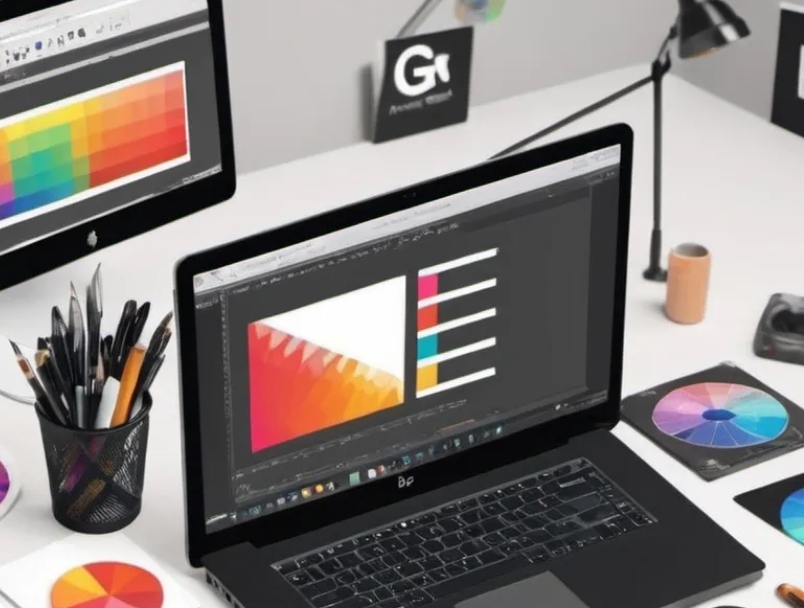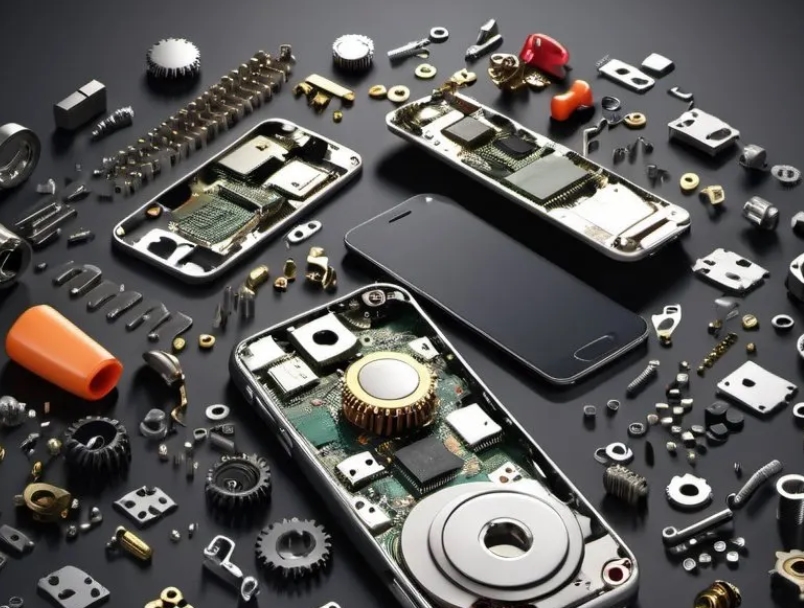
Wearable technology has revolutionized how we monitor our health, fitness, and daily activities. This article highlights some of the best fitness trackers and smartwatches available, helping you choose the right device for your needs.
Fitness Trackers
Fitbit Charge 5
- Key features: ECG sensor, stress management tools, GPS
- Best for: Comprehensive health tracking with a slim design
Garmin Vivosmart 4
- Key features: Pulse ox sensor, body battery energy monitoring
- Best for: Detailed sleep tracking and all-day stress monitoring
Xiaomi Mi Band 6
- Key features: Large AMOLED display, 30 fitness modes
- Best for: Budget-conscious users seeking basic fitness tracking
Smartwatches
Apple Watch Series 7
- Key features: Always-on Retina display, ECG app, fall detection
- Best for: iPhone users wanting seamless integration
Samsung Galaxy Watch 4
- Key features: Body composition analysis, ECG monitoring, Google Wear OS
- Best for: Android users seeking a feature-rich smartwatch
Garmin Fenix 7
- Key features: Multi-band GPS, long battery life, rugged design
- Best for: Outdoor enthusiasts and serious athletes
Hybrid Smartwatches
Withings ScanWatch
- Key features: ECG and SpO2 sensors, 30-day battery life
- Best for: Those preferring a traditional watch look with smart features
Fossil Hybrid HR
- Key features: E-ink display, two-week battery life, customizable watch faces
- Best for: Fashion-conscious users wanting subtle smart features
Specialized Wearables
Oura Ring (3rd Gen)
- Key features: Sleep tracking, activity monitoring, temperature sensing
- Best for: Discreet health tracking without a watch or wristband
Whoop Strap 4.0
- Key features: Advanced recovery metrics, strain coaching, no display
- Best for: Athletes focused on optimizing performance and recovery
Key Features to Consider
Health Monitoring
- Heart rate tracking
- Sleep analysis
- Stress management
- Blood oxygen (SpO2) monitoring
Fitness Tracking
- Step counting
- Workout detection
- GPS for route tracking
- Swimming and water resistance
Smart Features
- Notifications
- Mobile payments
- Music control
- Voice assistant integration
Battery Life
- Consider devices with at least 4-5 days of battery life for fitness trackers
- Smartwatches typically require charging every 1-2 days
Compatibility
- Ensure the device works with your smartphone's operating system
- Check if it integrates with your preferred fitness apps
Choosing the Right Device
When selecting a wearable device, consider:
- Your primary goals (fitness tracking, health monitoring, smart features)
- Your budget
- Design preferences (screen size, style)
- Battery life requirements
- Compatibility with your existing devices and apps
The Future of Wearable Tech
As technology advances, we can expect to see:
- More advanced health monitoring features (e.g., blood glucose monitoring)
- Improved battery life and charging solutions
- Enhanced AI for personalized health and fitness insights
- Integration with smart home and IoT devices
- More stylish and customizable designs
Wearable technology continues to evolve, offering increasingly sophisticated ways to monitor our health, fitness, and daily activities. Whether you're an athlete looking to optimize your performance or someone wanting to take a more proactive approach to your health, there's a wearable device suited to your needs. By considering the features that matter most to you, you can choose a device that seamlessly integrates into your lifestyle and helps you achieve your health and fitness goals.



